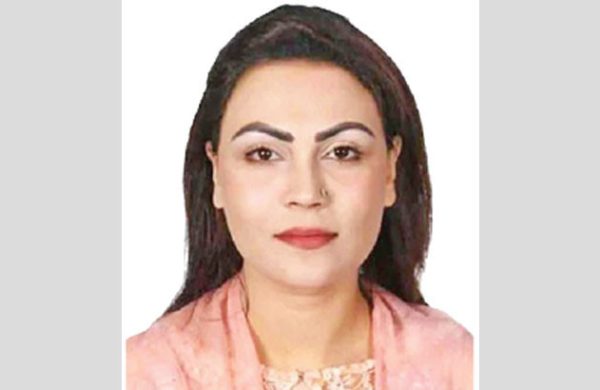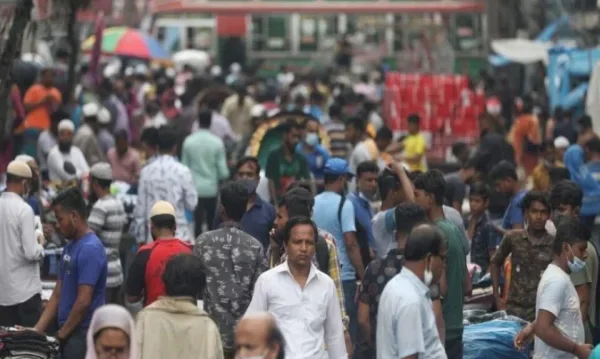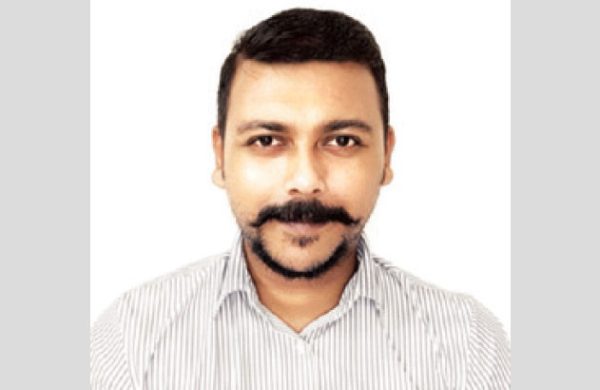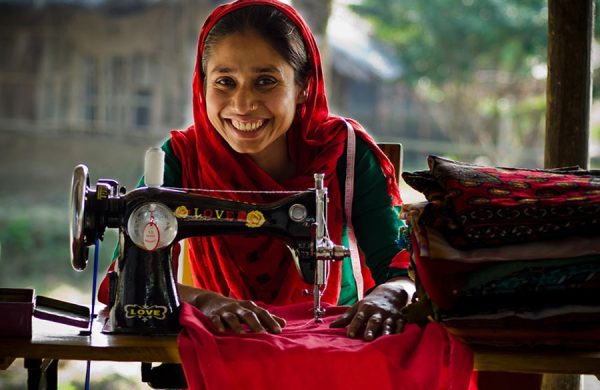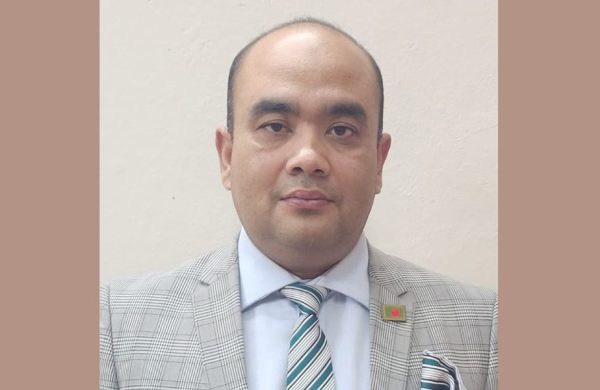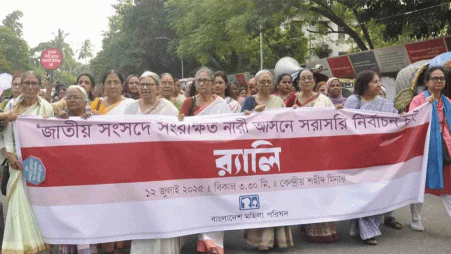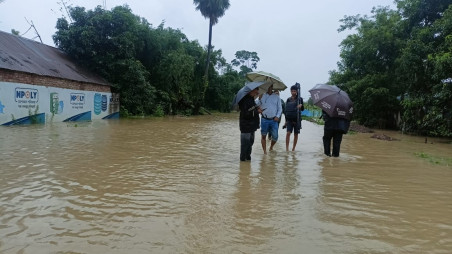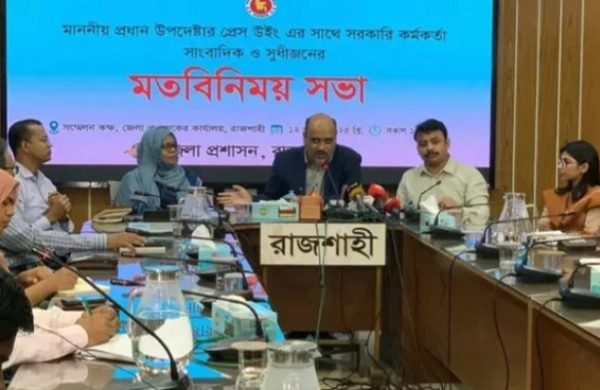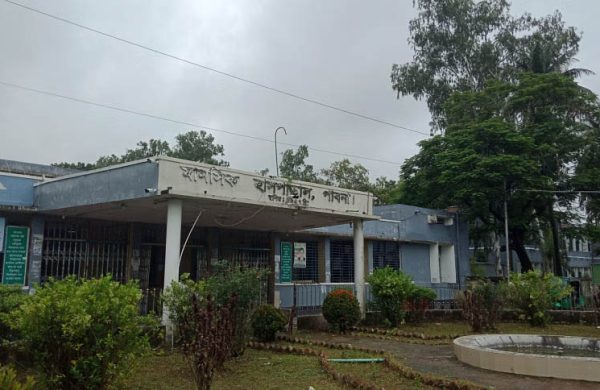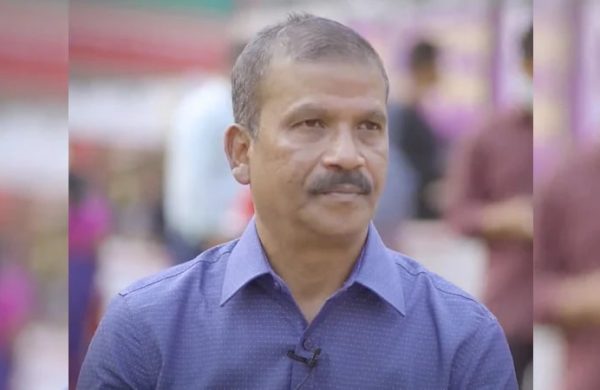Out of the Box: From Hospitality to Hardship: A New Twist to Bangladesh’s Rohingya Crisis
- Update Time : Sunday, June 2, 2024
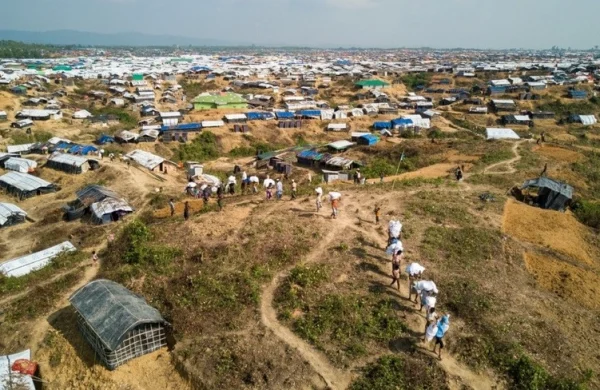
Dr. Rashid Askari

Bangladesh has showed unusual generosity in the face of one of the largest and most prolonged humanitarian crises in the world. It has been providing food and shelter for over a million Rohingya Muslims since 2017. However, the situation is worsening considerably for a number of reasons.
Therefore, the pressure on Bangladesh to host more Rohingyas appears simply disastrous. The fact remains, in recent times 45,000 Rohingya Muslims have fled to an area near the Naf River on the border with Bangladesh.
As they are seeking protection, UN Human Rights High Commissioner Volker Turk has urged Bangladesh and other countries to provide necessary protection to them as per international law.
Bangladesh has also been urged by UN High Human Rights Office spokesperson, Liz Throssell to not repatriate the Rohingya due to current conflicts inside Myanmar. A positive response to the UN call will be a suicidal leap into further crisis for Bangladesh.
Given the existing socio-economic conditions, security threats and other problems besetting the Rohingyas in Bangladesh, an anti-importation posture taken by the government for hosting no Myanmar citizen anymore is quite a logical stance.
Myanmar’s Rakhine State has been a hub of violence after the Rohingya are confronted by decades of systematic persecution. The crisis reached boiling point in August 2017, when the military launched a brutal crackdown on thousands of Rohingyas and they fled across the border with Bangladesh. Bangladesh responded quickly with generosity on humanitarian grounds.
Though Bangladesh is one of the most populous countries in the world, the government with Sheikh Hasina as the head opened its borders and admitted Myanmar nationals that created the world’s largest refugee camp in Cox’s Bazar, a town on the southeast coast of Bangladesh. Sheikh Hasina has received the appellation “The Mother of Humanity” for her humanitarian leadership.
Bangladesh is already under great strain by accommodating the unprecedented number of Myanmar citizens. The Rohingyas, the most persecuted people in the world according to the United Nations, are suffering from numerous ailments ranging from malnutrition to cholera and diphtheria. The healthcare services are beset with their immediate medical needs and the outbreaks of such diseases.
The education of Rohingya children continues to be a major issue barred from formal schooling that impedes their future prospects and integration into mainstream society.
What began as an outflowing of sympathy has already been driven to despair. Their long stay in Bangladeshi territory also poses security threats, for the Rohingyas are reportedly being radicalised and indulging in cross-border criminal activities complicating the overall scenario.
It is important to bear in mind this context while entertaining calls for admitting more Rohingyas to Bangladesh. The country has already shown incredible generosity. It is not only unfair but completely unviable to think that Bangladesh will continue to remain the sole bearer of the weight of the Rohingya rehabilitation.
The international community has utterly failed to provide necessary support that goes beyond immediate needs of the persecuted population and the host country as well.
Though there are many global organisations based on the principle of international burden-sharing, most of the victims of ethnic cleansing, in reality, have not received adequate financial assistance to help them return home or resettle in wealthier nations. The international community needs to do much more and on a long-term basis by providing greater and sustained support for Bangladesh.
This is the reason why, it is important to raise international financial aid for the maintenance and repatriation of the Rohingya. The current funding is not enough to meet the requirements for adequately caring for the refugees and the host country.
The number of countries offering resettlement opportunities to Rohingya should be increased. Such relocation could lift some of the burden on Bangladesh and instil new hope into the Rohingya for living without discrimination. It requires a spirit of goodwill and solidarity between countries—a thing missing up until now.
Furthermore, there should be stronger global diplomatic pressure on Myanmar to ensure that safe and voluntary returns of the Rohingya people are feasible. This necessitates enabling their citizenship rights, ensuring safety from violence and access to livelihoods and essential services.
Though Rohingya repatriation efforts were launched, they have been halted because of the lack of assurances regarding their rights and safety. Bangladesh must maintain diplomatic efforts to make sure that Myanmar takes tangibly effective steps to create favourable conditions for smooth repatriation with the support of the international community.
The global community must now come forward and support Bangladesh in its repatriation endeavour out of moral obligation. This includes increasing aid for humanitarian purposes, supporting community development programmes and putting pressure on Myanmar to make rapid progress in the repatriation process.
The way Bangladesh has been welcoming citizens of Myanmar is commendable. However, they cannot be expected to keep shouldering this burden much longer.
The global society should identify the challenges of Bangladesh and provide tangible support. A generous support from them in terms of adequate funding and resettlement could bring about a fair and permanent solution to the long-drawn-out crisis.
The Rohingya can neither go back to their place, nor can they stay permanently where they are at this moment. It should not be forgotten that no one would choose exile unless they are compelled to. A real solution can be found only through an international coordination. Until such a solution is reached, not a single Rohingya should be admitted to Bangladesh and the UN should awaken to it and work accordingly.
_____________________________________
The writer is a distinguished academic, bilingual author and former vice chancellor of Islamic University in Bangladesh.


